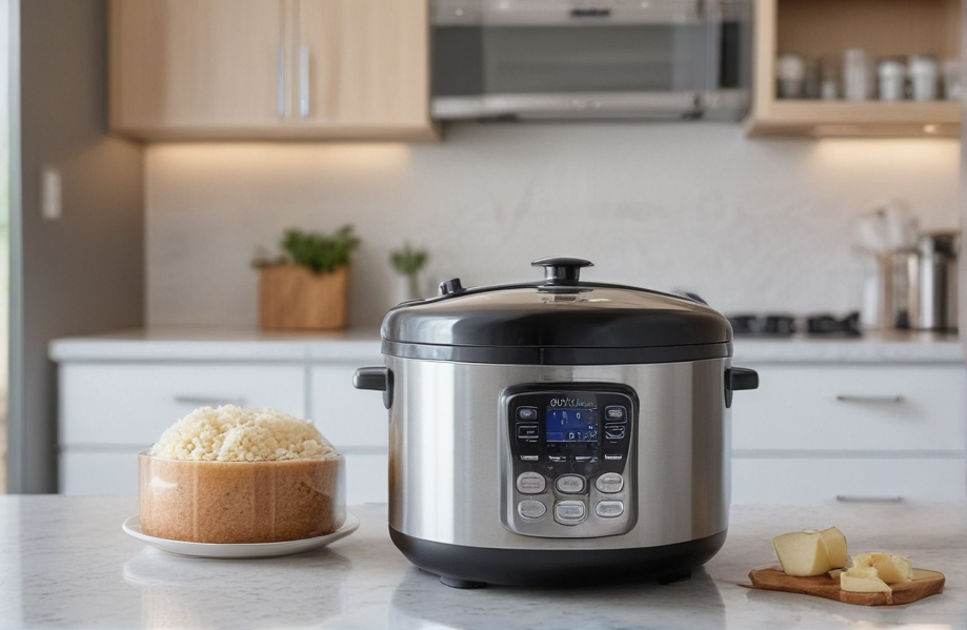
Rice cookers, which appear innocent enough as kitchen appliances, have become the subjects of global political debates. Governments deal with matters that range from energy conservation to food hygiene when it comes to regulating rice cookers, and they are not easy talks.
This article examines the intricacies of these discussions and considers different viewpoints on how rice cooker (riskokare) regulation should be approached.
Energy Efficiency vs Consumer Choice
One major debate is around energy efficiency standards for rice cookers. Advocates say setting minimum requirements for efficiency can save a lot of energy and bring about environmental benefits. However, critics argue that this could narrow down the options available to buyers and kill competition among manufacturers.
Food Safety Concerns
Another important part of the debate touches on food safety standards in relation to rice cookers. Some people call for tighter rules so that all materials used in making them are safe, while others think that such regulations might be excessive and therefore costly.
International Trade and Harmonization
The globalization of trade has complicated things further because countries want their rice cooker regulations harmonized for easier business between them. When one country’s standard differs from another’s, it creates a barrier to entry into its market by manufacturers from abroad. Therefore, talks involving international cooperation as well as standardisation are key to dealing with this aspect of the debate.
Cultural Considerations
Rice is a common food in many societies where it holds deep cultural meanings; hence, rice cookers carry much more weight than just being kitchen gadgets. Consequently, cultural issues come into play during regulatory debates, thereby raising concerns over how best to preserve culinary traditions without compromising on safety or efficiency measures required by modernity.
ALSO READ: Political Statements in Art: Analyzing Customizable Designs by Durawall
Economic Impacts
The economic consequences associated with regulating rice cookers cannot be ignored either because there will be extra costs incurred by producers who may pass them over through higher prices charged at retail points. Also, strict rules tend to affect small-scale businesses negatively, leading to further inequalities within the industry.
Technological Innovation and Adaptation
Rice cookers are becoming more advanced as technology develops further. Smart features, energy-saving modes, and advanced cooking algorithms, among other things, have been introduced into this market over time. However, there should be a balance between promoting innovation and safeguarding public interests when debating how best these appliances can be regulated.
Conclusion
To sum it up, the political debates surrounding rice cooker regulations involve several aspects like energy efficiency, food safety, international trade, culture, economics, and technology. It is therefore necessary to find a middle ground that addresses diverse interests from different perspectives in order to come up with effective and fair regulatory frameworks.
Ultimately, what happens with rice cookers serves as an example for broader societal conversations that reflect governance complexities within our interconnected world.
